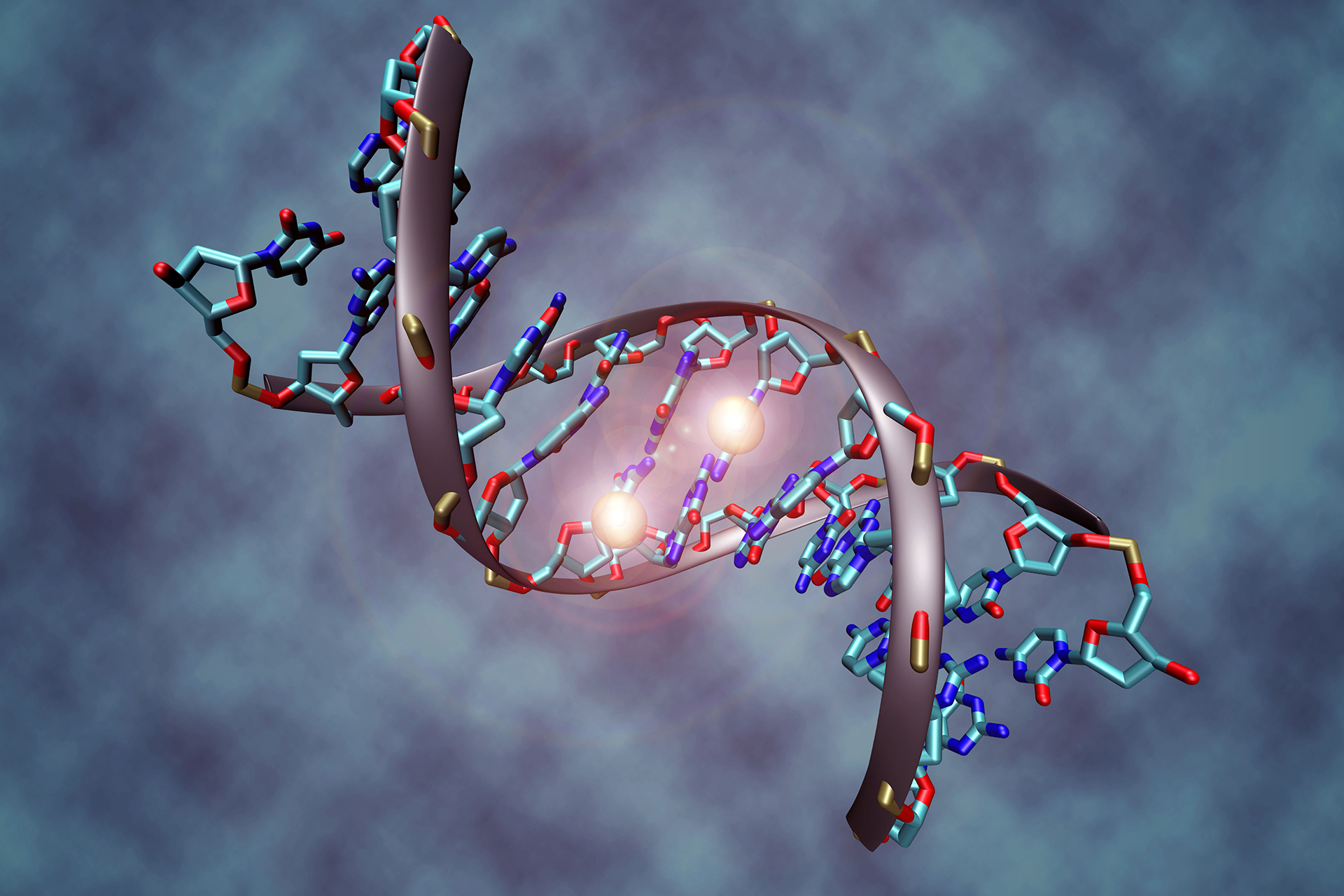A father's stress levels can affect the brain development of his offspring, new research has found.
The study, carried out in mice, found that greater levels of stress around the time of conception resulted in offspring with a reduced stress response. Lowered stress response has been linked to a number of disorders, including post-traumatic stress disorder (PTSD) and depression.
The findings of the study, led by neuroscientist Professor Tracy Bale, a neuroscientist and pharmacologist at the University of Maryland, Baltimore, and presented at the meeting of the American Association for the Advancement of Science in Austin, Texas, show that the father's environment can affect offspring development by changing important characteristics of his sperm.
Previously, work by the group had found that male mice experiencing prolonged periods of even mild stress produced sperm that had higher levels of microRNA, which play an important role in regulating gene expression. Importantly, they showed that higher microRNA levels in the sperm seemed to cause a reduced stress response in the offspring.
In their new study, Bale and her team found that an increase in glucocorticoids, a class of stress hormone, triggers a change to proteins found in cells of the structure where sperm matures. As a result, the cells produce higher levels of certain microRNAs, which are released in small sacs called vesicles to interact with the sperm.
'[The vesicles] interact with the sperm and then the sperm carry those differences to the egg at fertilisation,' said Bale.
It has long been known that different environmental factors affecting the expectant mother – including poor diet, stress and disease – can have a negative effect on fetal development during pregnancy. These factors do not change the DNA of the offspring: instead, the environmental changes alter the expression of certain genes, known as an epigenetic modification.
These findings suggest that similar environmental factors also affect male mice and influence the development of their offspring in a similar way.
'What it is telling us is that there is a point in the reproductive tract of the male that responds to changes in the environment – in this case it is stress, but other groups have looked at things like dietary challenge,' said Bale. 'These effects… seem to be lasting in the father.'
The team are now investigating whether similar effects happen in humans. It's hoped that better understanding of the links between a father's exposure to stress around conception could help to improve detection and prevention of neurodevelopmental disorders in children.





Leave a Reply
You must be logged in to post a comment.